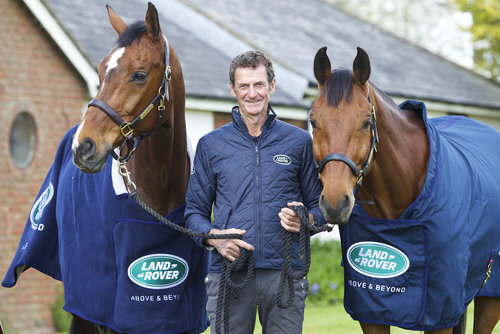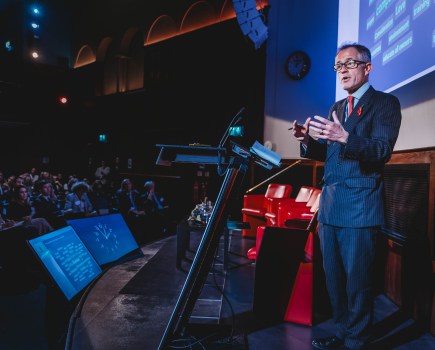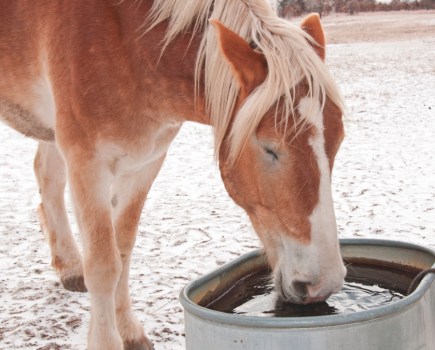At this week’s World Horse Welfare webinar, double Olympic eventing champion Mark Todd explained what he looks for in an eventer, the healing effects of salt and his pet hates about saddle fit…
Words by Emily Bevan
What he looks for in an eventer…
“The key ingredients for me are for the horse to have a good head, a big generous eye and a good outlook on the world. I also look at how the horse is put together: are they an athlete? It’s a hard thing to define, but do they use their body in a good way in walk, trot and canter? You’re never going to find a perfect horse and the horses I’ve had over the years have come in a range of shapes and sizes.”
Why Charisma, who won back to back Olympic golds at the 1984 Los Angeles and 1988 Seoul Games, was so good…
“Charisma was a super athlete; he was a showman who loved his job. He was only 15.3hh but he was very well put together. I don’t think he ever took a lame step in his life and was incredibly tough.”
Equine welfare…
“We’re very fortunate to have these animals as our partners and it’s our responsibility to look after them in the best way we can. Eventing’s a tough sport and can be tough on the horses. You have to have them fit to do the job. That means they’re fed well, looked after well and provided with good veterinary care. They do most of the work, so treat them like top class athletes — it’s the only way to get longevity out of them and to be fair to the horse.”
Ill-fitting saddles…
“Bad-fitting saddles that press down on a horse’s back are one of my bugbears. I understand not everyone can afford a well-fitting saddle for every horse, but with the range of numnahs and padding available it’s possible to make a saddle comfortable for the horse.”
Caring for a horse after cross-country…
“When we wash them down, we check for any cuts or injuries. Once the horse has cooled down, we trot them up to make sure they’re sound. We put poultices on the horse’s legs at night — some people think it’s a waste of time, but I think it can have a good effect.
“It’s also important to ensure the horse is thoroughly hydrated. Leading up to and during competition we constantly offer the horse fresh water; I hate seeing horses not allowed to drink water.”
Alternative therapies…
“You still need to use a vet for anything major, but physios and natural therapies are useful tools to have in your stable. We have a salt therapy room for the horses which contains a machine that pumps medical grade salt into the air. It’s very good for clearing up skin problems, coughs and colds.”









